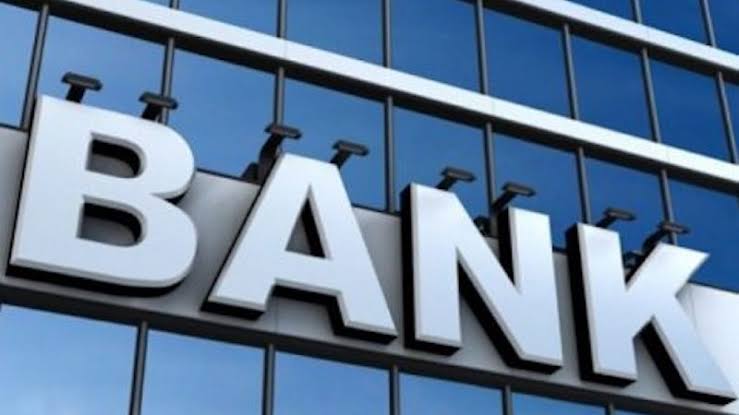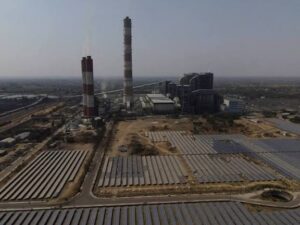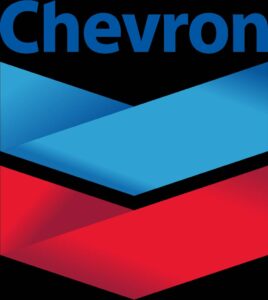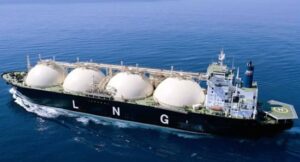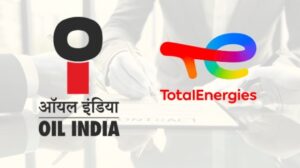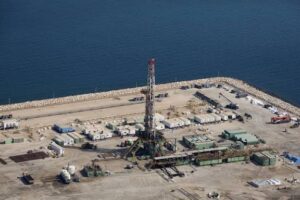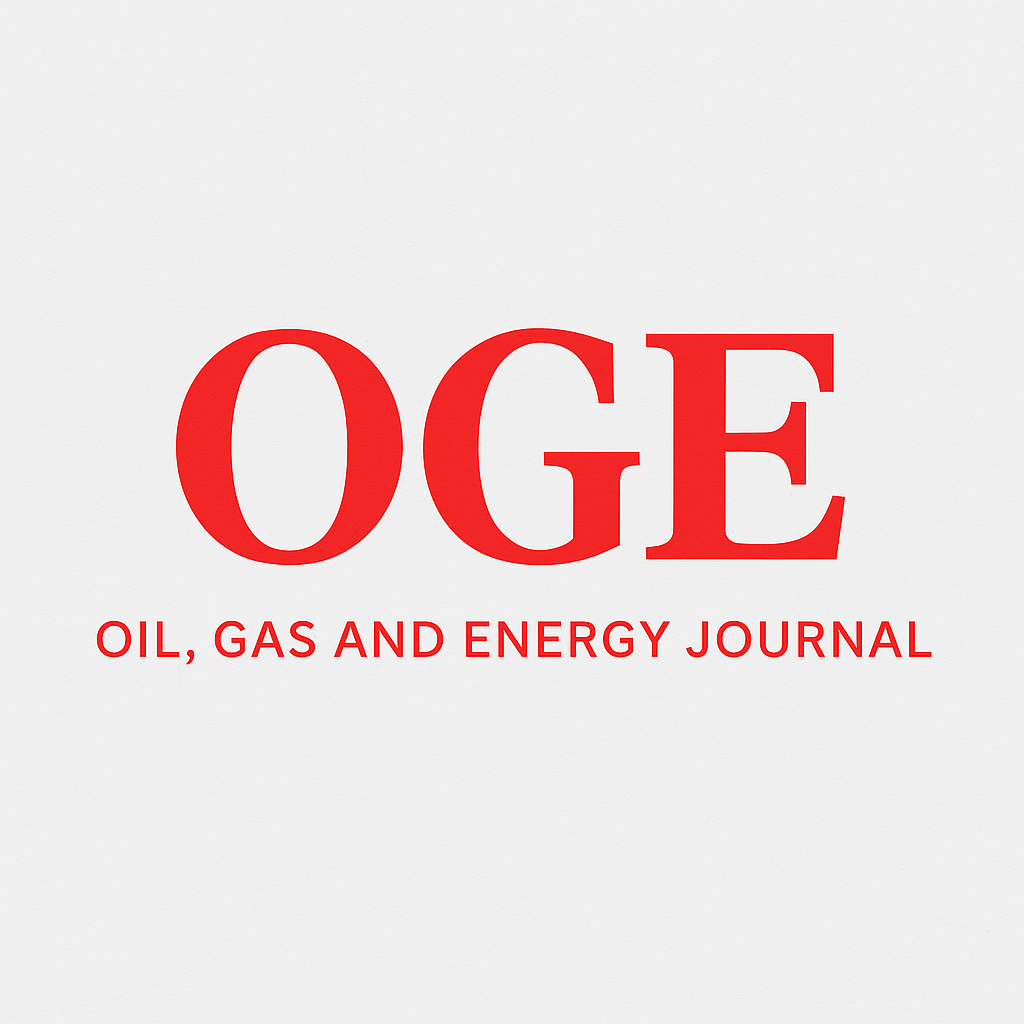The World Bank Group has teamed up with the Nigerian Upstream Petroleum Regulatory Commission (NUPRC) to support oil and gas operators in reducing methane emissions and advancing Nigeria’s energy transition goals.
The partnership focuses on enhancing local capacity for methane detection, monitoring, and reporting — a key step toward lowering greenhouse gas emissions in the country’s upstream petroleum sector.
The initiative was highlighted during a three-day training session on Measurement, Monitoring, Reporting, and Verification (MMRV) held in Abuja. The programme brought together representatives from the Nigerian National Petroleum Company Limited (NNPCL), international oil majors, independent producers, and local operators.
Speaking on behalf of NUPRC Chief Executive Gbenga Komolafe, the Commission’s Executive Commissioner for Development and Production, Engineer Enorense Amadasu, said methane emissions represent a major portion of Nigeria’s upstream carbon footprint, primarily from gas flaring, venting, and leaks.
He noted that reducing these emissions is essential for achieving Nigeria’s climate targets and improving environmental performance across the oil and gas value chain.
Also speaking, the Director of Energy Sustainability and Carbon Management at NUPRC, Engineer Joseph Ogunsola, reaffirmed the agency’s commitment to global standards in emissions management and carbon monetisation.
Ogunsola explained that the collaboration with the World Bank and other multilateral institutions will help establish reliable systems for data collection and verification, ensuring transparency and credibility in emission reporting.
According to him, the initiative represents a significant milestone in positioning Nigeria’s oil and gas industry as a responsible and competitive player in the global shift toward cleaner energy.

